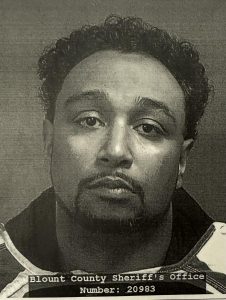Guilty of killing 10 and injuring 16 people, Alek Minassian faces a minimum of 25 years in prison. Alec rammed a rented van into pedestrians in a deadly attack back in 2018.
The sentencing hearing will be set for mid-March. Anne Molloy, Ontario Superior Court Judge said, “His attack on these 26 victims that day was an act of a reasoning mind, notwithstanding its horrific nature and notwithstanding that he has no remorse for it and no empathy for his victims.”
Also Read: Toronto van attack: Alek Minassian found guilty of killing 10 people
Alek Minassian who never took the stand in court was assessed by several psychiatrists and psychologists who interviewed him.
As per these dozen interviews, a complex profile of Alec emerged. The accused grew up in Toronto and was known to be intellectually advanced. He had a form of autism spectrum disorder that prevented him from building close emotional bonds, made him socially stunted, and was bullied, reports New York Times.
Also Read: Jahmil French, Canadian actor, who passed away at 29
He was pursuing a computer degree in college and was set to start a well-paid software development job. While Alec had no history of violence or a criminal record, he had driven a rented van at high speeds along two km of roads and sidewalks, indiscriminately targeting passers-by.
He has previously expressed his fascination with Elliot Rodger, an American mass killer known to have committed a similar crime in California. Alec made a post on Facebook captioning it “The incel rebellion has already begun” right before the attack.
His trial heard he’d do it all again if he were let out of jail to better his “kill count.”
Minassian had also joined an online group of “involuntary celibates” or “incels” of like-minded men whose sexual frustrations led them to embrace a misogynist ideology. In a police interrogation, he said the motivation behind the attack was the anger he felt against women.
In later interviews, Alec gave a number of other motivations for attacking which included seeking notoriety.
Minassian’s mother had said he suffers from Asperger’s syndrome, a form of autism that includes impaired social interactions or communication.
Defense lawyer Boris Bytensky in his closing final statement said that Minassian’s ASD left him incapable of discerning right from wrong and making a rational choice when he decided to target bystanders.
The use of autism as a defense was condemned by advocacy groups as it would further stigmatize those with the disorder.







